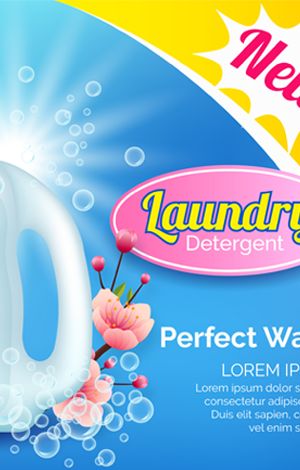
Is your company producing the same amount of garbage — or maybe more — than it did two years ago? Reducing waste not only saves money on garbage hauling but also reflects industry leadership and adds to corporate social responsibility by lowering greenhouse gas emissions and the global health risks posed by our waste streams.
As the world's population grows, so does the demand for consumer products. Increased demand puts strain on firms' increasingly complicated supply networks, which frequently have a detrimental impact on the environment. Today's businesses generate more garbage than ever before.
Importance of waste reduction for your Business
- Reduce garbage disposal costs as well as other recurring expenses.
- Conserve natural resources and energy
- Enhance efficiency
- Improve the brand's image
- Reduce the risk of future liability associated with the disposal of solid wastes.
- Address client demand for "green" products and businesses that are environmentally concerned
- Become a leader in environmental practices in the industry.
1. Audit your facility
One of the most effective methods to begin reducing waste is to do a facility audit.
- Identify the waste-producing or waste-creating goods in the supply chain. What kinds of products do you use on a regular basis? Is it possible to use reusables instead of these items? How much deterioration of supplies occurs? How can you get rid of trash?
- Rather than dumping all of your trash, make sure you have a recycling strategy in place. Also, think about starting a composting programme. Establish that all employees are aware of what they may recycle or compost, as well as where to dispose of it.
- You can limit the amount of garbage you send to the landfill by auditing your waste and encouraging recycling and composting. You may also keep track of your company's waste production and disposal operations by monitoring them.
2. Go paperless
Going paperless implies removing the use of paper documents entirely.
- Replace paper receipts and files with digital files and receipts.
- Use the cloud for storage
- Sign up for E-signatures
- Get rid of paper bills
- Avoid taking notes on paper
For more tips, Read How to Go Paperless at Your Business
3. Evaluate Packaging
- Evaluate your Current packaging
- Look for alternatives to plastic packaging
- Reuse Packaging from Deliveries
- Ask for sustainable alternatives from suppliers
- Request that your goods be delivered in reusable containers.
4. Use Demand Forecasting to Anticipate Usage
- Demand forecasting is one of the most efficient techniques to prevent industrial waste. This method examines anticipated client demand in order for firms to make more precise production decisions.
- Businesses who don't have a good system in place for estimating demand frequently wind up overstocking and sitting on extra inventory that they can't sell. Alternatively, they may understock, resulting in hasty supply and production orders in order to prevent losing valuable sales. This puts additional strain on the supply chain, ultimately leading to errors and waste as a result of the extra processes necessary to accelerate the product.
- With good forecasting, you may save money on materials, packaging, gasoline, time, and energy that might otherwise go to waste. Instead, you predict demand and make adjustments as needed.
5. Get rid of plastic water bottles.

They take up a lot of room in your waste and recycling containers, causing more frequent pickup. The majority of employees drink water at work, and if each person drinks more than one bottle of water each day, that's a lot of plastic trash. Instead, install a water filter on your sink faucet or get a water cooler.
6. Set up single-stream recycling
If you're not currently recycling, single-stream recycling is the way to go (SSR). Employees, consumers, and suppliers/vendors may all place recyclables in one container using this simple "recycling-for-dummies" system. SSR can contain paper/cardboard, metal, plastic, and/or glass, depending on your local recycling facilities. When you sign up for service, your garbage supplier may inform you which products are acceptable, and you can label your bins accordingly.
Conclusion
You may not realise how much waste you may reduce in your company's facilities and supply chain until you start looking around.
Supply chains continue to have a significant environmental effect and will continue to do so unless businesses accept responsibility for their waste creation and take actions to make inefficient operations more efficient.
The amazing part about striving to eliminate waste in your organization is that the rewards are invariably two-fold: The more you reduce your waste — and better forecast to reduce waste more in the future — the more efficient your distribution network becomes and the better your business performs as a whole.
Read more about 10 Leading Environmental Concerns That Require Our Immediate Attention.






